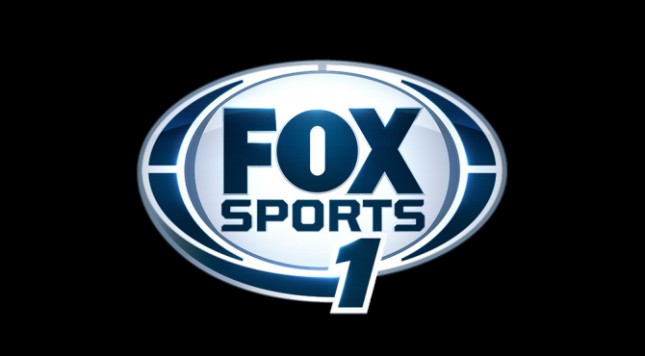You know the drill by now — the ideal college football schedule doesn’t refer to quality of matchups. We’re focused on the quality of time slots so that you can catch the endings of more games and see the bigger games with less time-slot competition.
Based on those standards, how could the week-three slate be adjusted to suit the needs of fans?
Let’s go to the big board:
*
In the early (noon to 3:30 Eastern) window, there aren’t many attractive games to be found. Air Force lost its starting quarterback (Nate Romine) due to injury, so the Falcons’ game at Michigan State has lost some luster. Illinois-North Carolina is the noon game of choice.
At 12:30, the best game starting before 1 p.m. takes place, as Northwestern visits Duke in a contest that’s more than just an Academic Bowl. The winner of this game takes a big step toward bowl eligibility, and will also gain a confidence boost heading into conference competition. In an ideal world, this game would start at 1 or 1:30 Eastern, so we’d get to see more of it.
One of the big failures of this week’s college football television schedule is the fact that Memphis and Bowling Green — two legitimate New Year’s Six bowl contenders from the Group of Five — could not find a television network. Only ESPN3 streaming is available for this game. The start time of 3 Eastern will put this game up against the featured presentations which begin at 3:30. A 2 Eastern or 1:30 Eastern start would have enabled this clash to stand more on its own.
*
The 3:30 window on Saturday reminds us of the need for networks to consider 4:30 or 5 as a new kickoff time.
At 3:30, the best game of the day — Georgia Tech at Notre Dame — will air on NBC (kickoff probably not until 3:40, but that’s a minor detail). On CBS, Auburn-LSU will hit the airwaves. ESPN2/ABC will air Nebraska at Miami.
We talked about this in the first edition of this column a few weeks ago: CBS and NBC, not airing full slates of games throughout the day as ESPN does, should feel more liberated in their uses of time slots. If CBS went with a 1:15 start and NBC put Georgia Tech-Notre Dame on at 2, this late-afternoon window would involve three staggered starts. However, that’s just not a bridge college football broadcast networks are willing to cross at this time. It’s unfortunate that fans have to wildly flip the remote (if they lack three televisions) instead of being able to easily shift to the game which is at a more advanced stage in the proceedings.
*
The evening is when staggered start times enter the picture. ESPN, ESPN2 and SEC Network produced a beautiful layer of games this week: South Carolina-Georgia on the mothership at 6 Eastern; Texas Tech-Arkansas at 7 on the deuce; Florida-Kentucky on SECN at 7:30; and Ole Miss-Alabama at 9:15 (which should be 9:30, but hey, you can’t get everything in life).
In the late-night window, a minor point: BYU-UCLA and Utah-Fresno both start at 10:30 Eastern (at least the broadcasts do; the kickoff times might be a little later). A half-hour stagger there would be welcome. Moreover, BYU-UCLA — starting at 10:30 on Fox Sports 1 — will overlap with the final half hour of the California-Texas game, which airs on regular FOX at 7:30. FS1 could have pushed BYU-UCLA to 11:15, but it didn’t.
*
A postscript of sorts:
While we lament that Georgia Tech-Notre Dame and (or) Auburn-LSU weren’t pushed into a 4:30 or 5 Eastern time slot to provide more staggered starts, let’s realize that other networks could take evening games and put them in that portion of the day’s schedule.
CBS Sports Network could go with Wake Forest-Army at 10:30 a.m. instead of noon; East Carolina-Navy at 2 instead of 3:30; and Colorado-Colorado State at 5:30 instead of 7, when the wave of evening games generally begins. The Utah-Fresno State game on CBS SN could start at 9 instead of 10:30 p.m.
One day, maybe we’ll get there… but the ideal college football schedule remains generally elusive for fans who still look at their channel grids and realize that too many interesting games start at roughly the same time.

